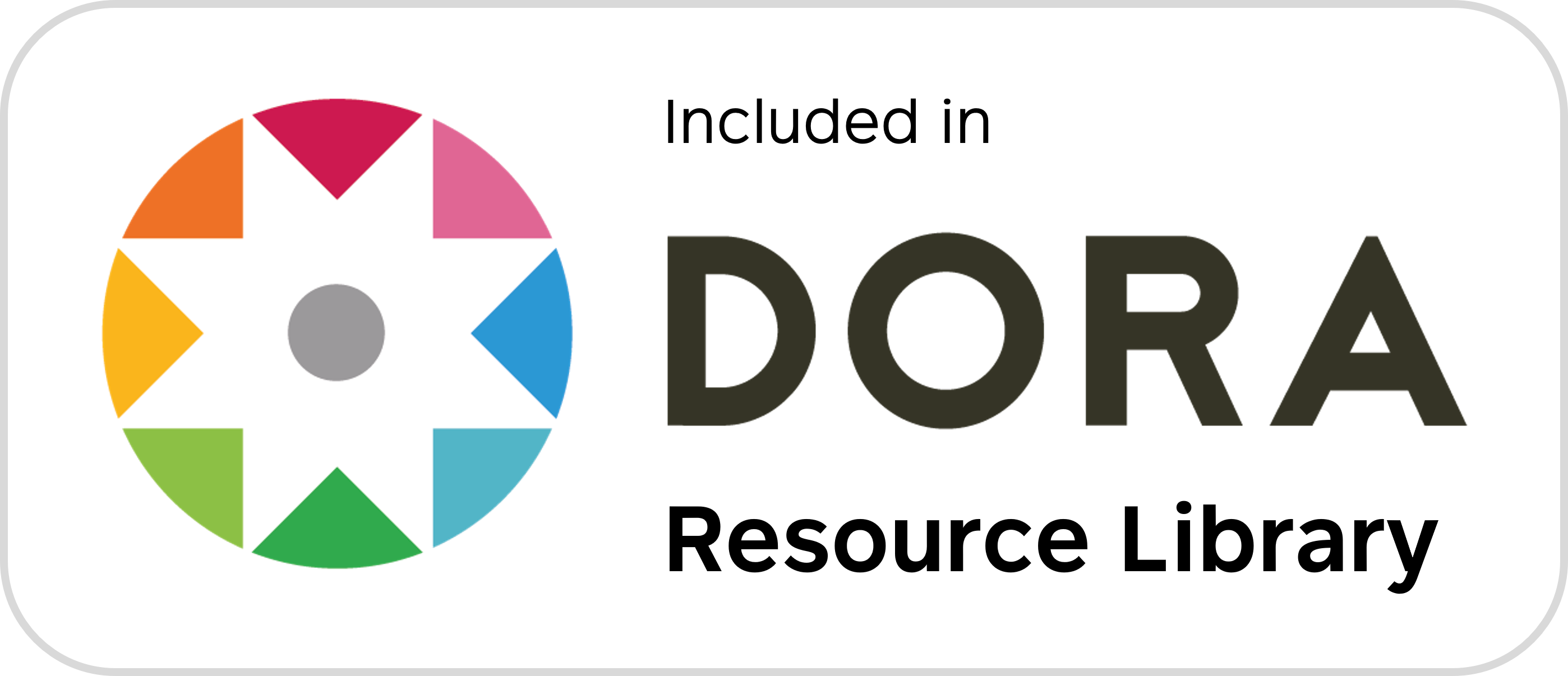Impact of tax discrimination, tax knowledge, and sanctions on tax Evasion perception
 DOI:
DOI:
https://doi.org/10.69725/jipi.v1i3.209
Keywords:
Tax discrimination, Tax knowledge, Tax sanctions, Taxpayer ethicsAbstract
Purpose – The purpose of this study is to analyze effect of tax discrimination, tax knowledge, tax sanctions and taxpayer ethics on perception of tax evasion. It seeks to discover is how these factors affect the behavior and compliance of Indonesian taxpayers.
Design/methodology/approach – Tax discrimination, tax knowledge, tax sanctions, taxpayer ethics, and tax evasion perception were measured using a structured questionnaire with a five-point Likert scale. SPSS was used to analyse the data, employing multiple regression analysis, with the measurement held to validity and reliability tests.
Findings – The results demonstrates that tax discrimination and weak taxpayer ethics increase tax evasion perception while strong tax knowledge and high tax sanctions serve as deterrent factors. The results underscore the role of a fair and transparent taxation system in mitigating tax evasion tendencies.
Originality/value – This study adds to the tax compliance literature by combining a behavioral and regulatory perspective of tax compliance. For this reason, it delivers empirical insight about the influence of perceived fairness and ethical issues upon tax compliance attitudes in emerging economies.
Research Implications – The research holds great significance for tax authorities in formulating more equitable tax legislation with improved enforcement mechanisms. Providing an understanding of taxes, as well as strict but fair penalties, can improve taxpayer compliance and minimize risk of evasion
Downloads
References
References
Ahsan, Syed M. 1995. “Tax Evasion: The Developing Country Perspective.” Asian Development Review 13(01):78–126. doi: 10.1142/S0116110595000042. DOI: https://doi.org/10.1142/S0116110595000042
Ajzen, Icek. 2020. “The Theory of Planned Behavior: Frequently Asked Questions.” Human Behavior and Emerging Technologies 2(4):314–24. doi: https://doi.org/10.1002/hbe2.195. DOI: https://doi.org/10.1002/hbe2.195
Allingham, Michael G., and Agnar Sandmo. 1972. “Income Tax Evasion: A Theoretical Analysis.” Journal of Public Economics 1(3–4):323–38. DOI: https://doi.org/10.1016/0047-2727(72)90010-2
Alm, James, and Benno Torgler. 2011. “Do Ethics Matter? Tax Compliance and Morality.” Journal of Business Ethics 101(4):635–51. doi: 10.1007/s10551-011-0761-9. DOI: https://doi.org/10.1007/s10551-011-0761-9
Alshira’h, Ahmad Farhan, Hasan Mahmoud Al-Shatnawi, Manaf Al-Okaily, Abdalwali Lutfi, and Malek Hamed Alshirah. 2021. “Do Public Governance and Patriotism Matter? Sales Tax Compliance among Small and Medium Enterprises in Developing Countries: Jordanian Evidence.” EuroMed Journal of Business 16(4):431–55. doi: 10.1108/EMJB-01-2020-0004. DOI: https://doi.org/10.1108/EMJB-01-2020-0004
Bird, Richard M., and Sally B. T. Contributions to Economic Analysis Wallace. 2004. “Is It Really so Hard to Tax the Hard-to-Tax? The Context and Role of Presumptive Taxes.” Pp. 121–58 in Taxing the Hard-to Tax:Lessons from Theory and Practice. Vol. 268. Elsevier. DOI: https://doi.org/10.1016/S0573-8555(04)68806-7
Dell’Anno, Roberto. 2009. “Tax Evasion, Tax Morale and Policy Maker’s Effectiveness.” The Journal of Socio-Economics 38(6):988–97. doi: https://doi.org/10.1016/j.socec.2009.06.005. DOI: https://doi.org/10.1016/j.socec.2009.06.005
Dezső, Linda, James Alm, and Erich Kirchler. 2022. “Inequitable Wages and Tax Evasion.” Journal of Behavioral and Experimental Economics 96:101811. doi: https://doi.org/10.1016/j.socec.2021.101811. DOI: https://doi.org/10.1016/j.socec.2021.101811
Eriksen, Knut, and Lars Fallan. 1996. “Tax Knowledge and Attitudes towards Taxation; A Report on a Quasi-Experiment.” Journal of Economic Psychology 17(3):387–402. doi: https://doi.org/10.1016/0167-4870(96)00015-3. DOI: https://doi.org/10.1016/0167-4870(96)00015-3
Frecknall-Hughes, Jane, Katharina Gangl, Eva Hofmann, Barbara Hartl, and Erich Kirchler. 2023. “The Influence of Tax Authorities on the Employment of Tax Practitioners: Empirical Evidence from a Survey and Interview Study.” Journal of Economic Psychology 97:102629. doi: https://doi.org/10.1016/j.joep.2023.102629. DOI: https://doi.org/10.1016/j.joep.2023.102629
Gangl, Katharina, and Benno Torgler. 2020. “How to Achieve Tax Compliance by the Wealthy: A Review of the Literature and Agenda for Policy.” Social Issues and Policy Review 14(1):108–51. doi: https://doi.org/10.1111/sipr.12065. DOI: https://doi.org/10.1111/sipr.12065
Górecki, Maciej A., and Natalia Letki. 2021. “Social Norms Moderate the Effect of Tax System on Tax Evasion: Evidence from a Large-Scale Survey Experiment.” Journal of Business Ethics 172(4):727–46. doi: 10.1007/s10551-020-04502-8. DOI: https://doi.org/10.1007/s10551-020-04502-8
Hanlon, Michelle, and Shane Heitzman. 2010. “A Review of Tax Research.” Journal of Accounting and Economics 50(2):127–78. doi: https://doi.org/10.1016/j.jacceco.2010.09.002. DOI: https://doi.org/10.1016/j.jacceco.2010.09.002
He, Yanyun, Geoffrey T. Fong, K. Michael Cummings, Andrew Hyland, and Ce Shang. 2024. “The Association between Excise Taxes and Smoking and Vaping Transitions–Findings from the 2016–2020 ITC United States Surveys.” International Journal of Drug Policy 126:104372. doi: https://doi.org/10.1016/j.drugpo.2024.104372. DOI: https://doi.org/10.1016/j.drugpo.2024.104372
James, Simon, and Clinton Alley. 2002. “Tax Compliance , Self-Assessment and Tax Administration School of Business and Economics , University of Exeter.” Journal of Finance and Management in Public Services 2(2):27–42.
Jimenez, Peggy, and Govind S. Iyer. 2016. “Tax Compliance in a Social Setting: The Influence of Social Norms, Trust in Government, and Perceived Fairness on Taxpayer Compliance.” Advances in Accounting 34:17–26. doi: https://doi.org/10.1016/j.adiac.2016.07.001. DOI: https://doi.org/10.1016/j.adiac.2016.07.001
Kingsbury, Benedict. 2023. “Chapter One The Concept of Compliance as a Function of Competing Conceptions of International Law.” Pp. 9–33 in. Leiden, The Netherlands: Brill | Nijhoff. DOI: https://doi.org/10.1163/9789004635807_005
Kirchler, Erich, Boris Maciejovsky, and Friedrich Schneider. 2003. “Everyday Representations of Tax Avoidance, Tax Evasion, and Tax Flight: Do Legal Differences Matter?” Journal of Economic Psychology 24(4):535–53. doi: https://doi.org/10.1016/S0167-4870(02)00164-2. DOI: https://doi.org/10.1016/S0167-4870(02)00164-2
Koessler, Ann-Kathrin, Benno Torgler, Lars P. Feld, and Bruno S. Frey. 2019. “Commitment to Pay Taxes: Results from Field and Laboratory Experiments.” European Economic Review 115:78–98. doi: https://doi.org/10.1016/j.euroecorev.2019.02.006. DOI: https://doi.org/10.1016/j.euroecorev.2019.02.006
Murphy, Jonathan, and Oana Brindusa Albu. 2018. “The Politics of Transnational Accountability Policies and the (Re)Construction of Corruption: The Case of Tunisia, Transparency International and the World Bank.” Accounting Forum 42(1):32–46. doi: https://doi.org/10.1016/j.accfor.2017.10.005. DOI: https://doi.org/10.1016/j.accfor.2017.10.005
Pyle, D. J. 1991. “THE ECONOMICS OF TAXPAYER COMPLIANCE.” Journal of Economic Surveys 5(2):163–98. doi: https://doi.org/10.1111/j.1467-6419.1991.tb00131.x. DOI: https://doi.org/10.1111/j.1467-6419.1991.tb00131.x
Richardson, Grant, Grantley Taylor, and Ivan Obaydin. 2020. “Does the Use of Tax Haven Subsidiaries by U.S. Multinational Corporations Affect the Cost of Bank Loans?” Journal of Corporate Finance 64:101663. doi: https://doi.org/10.1016/j.jcorpfin.2020.101663. DOI: https://doi.org/10.1016/j.jcorpfin.2020.101663
Torgler, Benno, and Friedrich Schneider. 2009. “The Impact of Tax Morale and Institutional Quality on the Shadow Economy.” Journal of Economic Psychology 30(2):228–45. doi: https://doi.org/10.1016/j.joep.2008.08.004. DOI: https://doi.org/10.1016/j.joep.2008.08.004
Downloads
Published
Issue
Section
License
Copyright (c) 2024 Putri Indah Wahyuni, Najela Tsaqila Fatma Meimun, Amri Amrulloh (Author)

This work is licensed under a Creative Commons Attribution-ShareAlike 4.0 International License.
Jurnal Inovasi Pajak Indonesia (JIPI) © 2024 by Inovasi Analisis Data is licensed under CC BY-SA 4.0



























